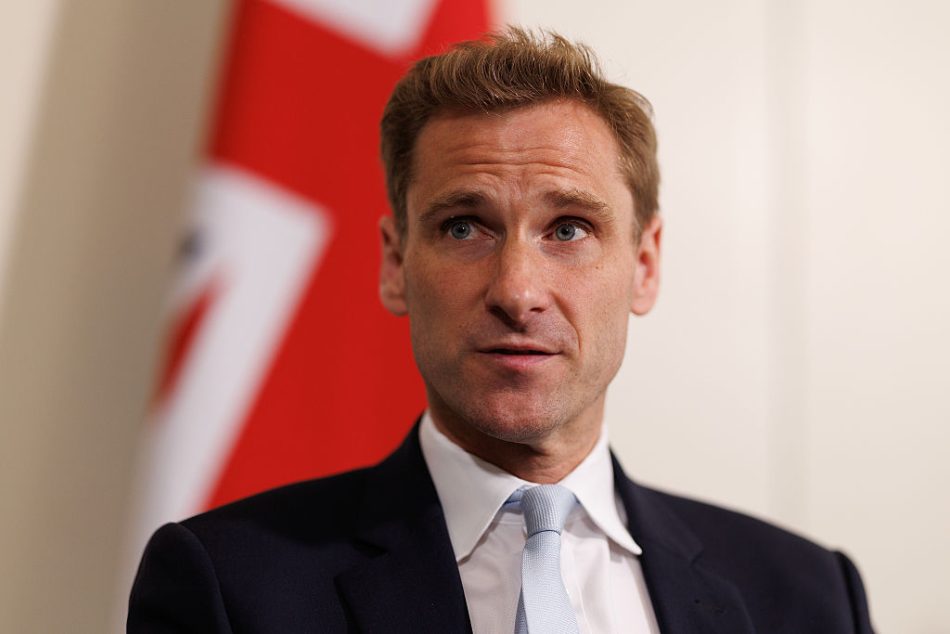The decision to clear Ricky Jones of encouraging violent disorder has not gone down well with many senior politicians. Footage of the suspended Labour councillor went viral last August after he suggested that far-right protesters should have their throats slit. Jones, 58, drew his finger across his throat and called demonstrators ‘disgusting Nazi fascists’. On Friday, jurors found him not guilty after just half an hour of deliberations. Many were quick to contrast it to the Lucy Connolly case, whereby the wife of a Tory politician was jailed for 31 months during the Southport riots after writing ‘set fire to all the… hotels [housing asylum seekers]… for all I care’.
Some senior Conservatives certainly see it this way. Chris Philp, the Shadow Home Secretary, made that comparison explicit, writing that ‘the development of two tier justice is becoming increasingly alarming.’ He added that ministers ‘must come forward with plans to ensure justice is handed out equally, regardless of the background or views of the perpetrator’ but ‘this Labour government seems to be quite happy with two tier justice’. His colleague James Cleverly, the Housing spokesman, called the verdict ‘unacceptable’, writing on X that ‘decisions like this are adding to the anger that people feel and amplifying the belief that there isn’t a dispassionate criminal justice system’.
Clearly, this decision is a controversial one. But there is a crucial difference between the Jones trial and the punishment meted out to Lucy Connolly: she pleaded guilty so she did not receive a jury trial. Had she done so, she might well have been acquitted. Take the case of former Royal Marine Jamie Michael. Charged with stirring up racial hatred after Southport, he was acquitted by his jury after just 17 minutes. It was only five weeks’ ago that Robert Jenrick was leading a big campaign against proposals to limit jury trials. For some of his fellow Tories to now rush to condemn them, off the back of one verdict, is an overreaction, given the essential pressure valve they function.
All this matters because judicial reform is likely to be a cornerstone of the next government of the right. Kemi Badenoch is reviewing how Britain to leave the European Court of Human Rights; others want her to go much further. The last Tory administration found itself fighting endless battles in the courts, in a fruitless bid to halt illegal migration. Picking the right battles over the right principles is essential if the next government is to avoid repeating that fate.







Comments